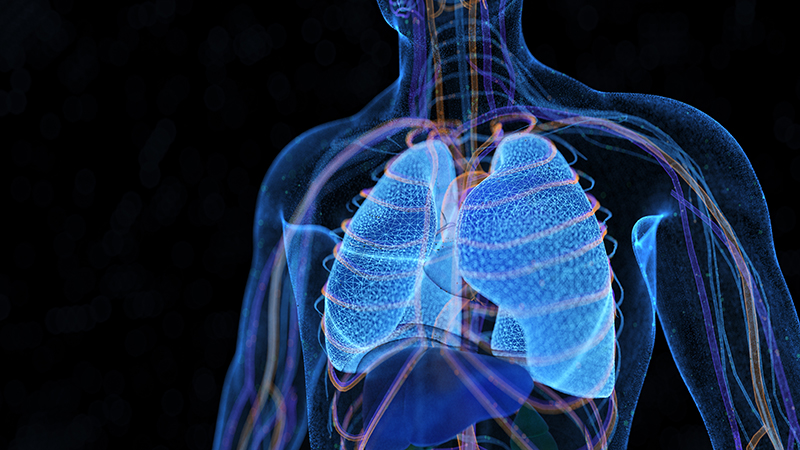Overview
What Is Respiratory Infection?
Infections of the lower respiratory tract—from your vocal cords to your lungs—create congestion, cough and difficulty breathing. They can occur to anyone of any age, but children, older adults, smokers and people with compromised immune systems are at the greatest risk and may have the hardest time recovering from the illness.
People with pulmonary fibrosis or another interstitial lung disease are also more likely to develop lung infections, which can severely impair their ability to breathe. Respiratory infections are also more common in individuals who are HIV-positive.
Lower respiratory infections can be caused by a variety of bacteria, viruses and fungi. The most common lower respiratory and lung infections include:
- Acute bronchitis: Bronchitis is an inflammation in the lining of your bronchial tubes, producing yellow or green mucus that causes a severe cough.
- Bronchiolitis: This is an infection of the small breathing tubes of the lungs.
- Pneumonia: Pneumonia is a serious bacterial or viral lung infection that causes inflammation and excess mucus to develop in the lungs.
- Respiratory Syncytial Virus (RSV): This is the virus most often associated with bronchiolitis and pneumonia in children.
- Tuberculosis (TB): This is a serious bacterial infection that can be fatal without proper treatment.


